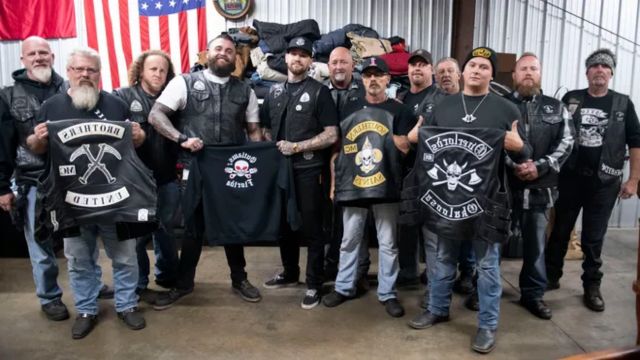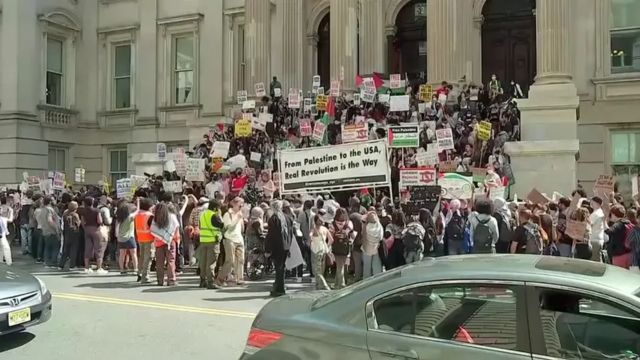For young individuals eager to enter the workforce, Virginia has clear regulations regarding the legal working age, permits required, and restricted job types.
These laws aim to ensure that minors gain valuable work experience while maintaining their safety and education.
Minimum Working Age in Virginia
Virginia allows minors as young as 14 years old to work under certain conditions. However, some exceptions exist where younger children may be employed in specific industries such as agriculture, entertainment, and family-owned businesses. The state follows the Fair Labor Standards Act (FLSA) guidelines while also imposing additional state-specific restrictions to protect young workers.
Work Permits: Who Needs One?
In Virginia, most minors under 16 years old are required to obtain a work permit before they can be legally employed. Here’s how the process works:
- Application Process – Minors must complete an employment certificate application, which requires signatures from both a parent or guardian and the employer.
- School Approval – The minor’s school may need to verify that the employment does not interfere with their education.
- Online Submission – The Virginia Department of Labor and Industry (DOLI) provides an online system for submitting work permit applications.
- Employer Responsibilities – Employers hiring minors must keep copies of the work permit on file and comply with all state and federal labor laws.
Minors aged 16 and 17 do not need a work permit but still face restrictions on working hours and job types.
Restricted Jobs for Minors
Virginia enforces strict regulations on the types of jobs minors can perform, primarily to safeguard their well-being. The restrictions vary by age group and industry.
Jobs Minors Under 16 Cannot Perform:
- Manufacturing and Factory Work – Includes operating heavy machinery or working in hazardous environments.
- Construction Work – Minors are prohibited from operating power-driven tools, hoisting machinery, or working on scaffolds.
- Mining and Logging – These high-risk industries are off-limits for minors.
- Door-to-Door Sales – To prevent exploitation, Virginia limits minors from engaging in street sales unless under specific conditions.
- Warehousing and Storage – Jobs involving loading or unloading freight or working in storage facilities are restricted.
- Cooking with Open Flames – While minors can engage in food service jobs, they cannot cook over open flames or use high-temperature equipment.
Jobs Minors Aged 16 and 17 Cannot Perform:
- Operating Motor Vehicles – Generally, minors cannot drive as part of their job duties unless under specific conditions.
- Exposure to Hazardous Chemicals – Jobs involving toxic substances, such as some cleaning and manufacturing roles, are prohibited.
- Work in Bars and Nightclubs – Although they may work in restaurants, minors cannot be employed in establishments that primarily serve alcohol.
- Security and Firearms-Related Work – Jobs requiring the use of firearms or security-related tasks are strictly restricted.
Work Hour Restrictions for Minors
Virginia law also limits the number of hours minors can work to ensure their safety and educational development. These restrictions differ by age and whether the job is during the school year or summer break.
For Minors Under 16:
- School Days: No more than 3 hours per day and 18 hours per week.
- Non-School Days: Up to 8 hours per day and 40 hours per week.
- Allowed Work Hours: Between 7 AM and 7 PM during the school year and until 9 PM in the summer (June 1 through Labor Day).
For Minors Aged 16 and 17:
While there are fewer hour restrictions for this age group, they cannot work during school hours without special permission. Additionally, federal law prohibits them from working more than 48 hours per week in most cases.
Exemptions and Special Cases
Some minors may be exempt from Virginia’s work permit and restriction rules under specific conditions:
- Family Businesses – Minors working in a business owned by their parents are exempt from most restrictions unless the job is hazardous.
- Agriculture Work – Certain farm-related jobs are permitted for younger minors with parental consent.
- Apprenticeships and Internships – Some educational programs allow minors to gain work experience under supervised conditions.
- Entertainment Industry – Child actors and performers have separate labor laws governed by different permit processes.
Employer Responsibilities
Employers must comply with all child labor laws, including:
- Verifying the minor’s age and obtaining necessary permits.
- Providing a safe and legal working environment.
- Adhering to hour restrictions and job duty limitations.
- Keeping detailed employment records for minor workers.
Failure to comply with Virginia’s child labor laws can result in heavy fines and penalties, including potential legal action.
Final Thoughts
Virginia’s labor laws strike a balance between providing minors with work opportunities and ensuring their health, safety, and education remain top priorities. While minors aged 14 to 17 can enter the workforce, work permits, hour limits, and job restrictions play a critical role in safeguarding their well-being. Employers and young workers alike should familiarize themselves with these regulations to ensure compliance and promote a safe work environment.




